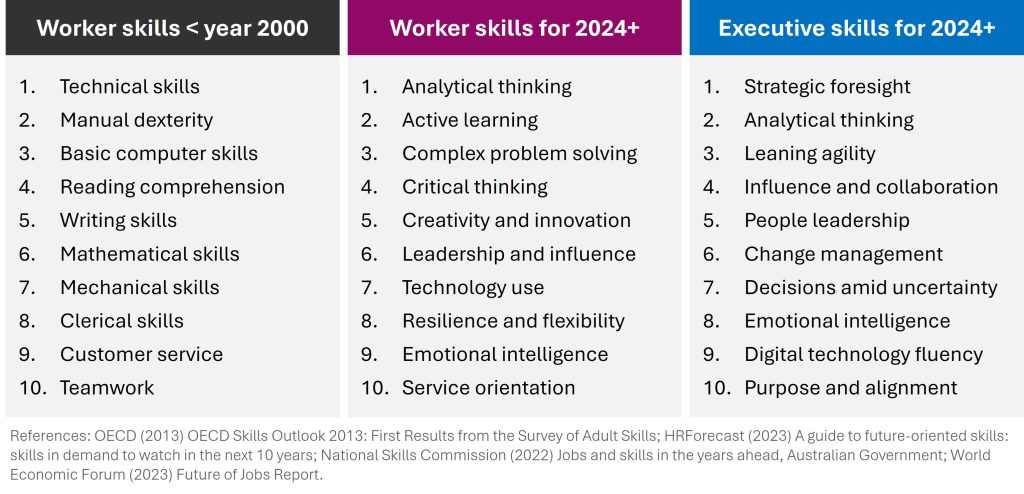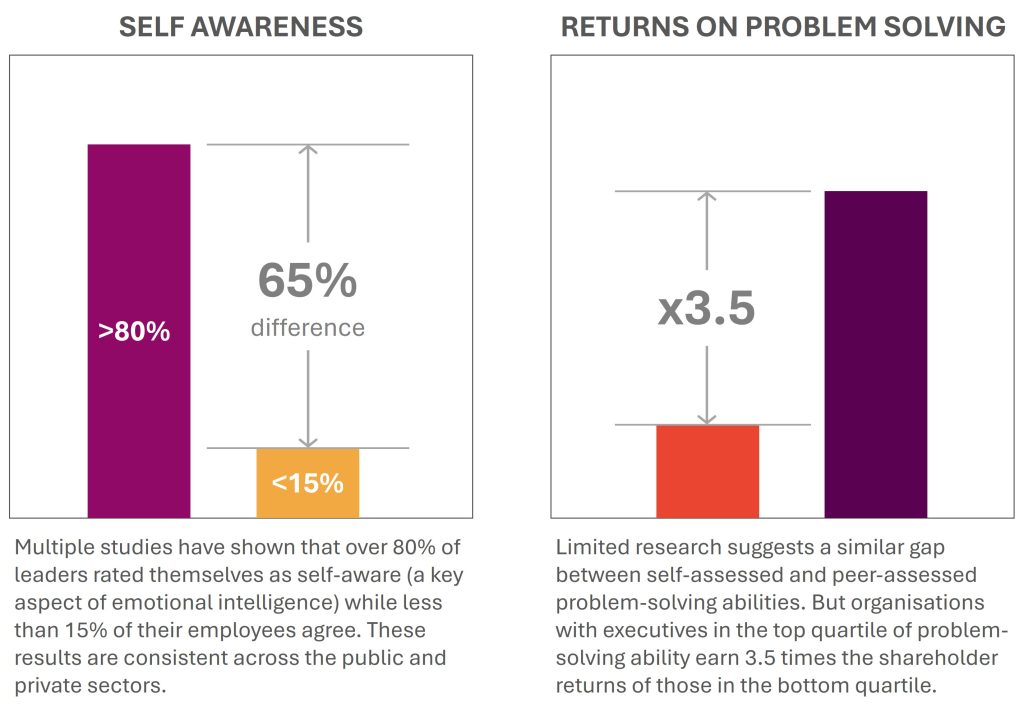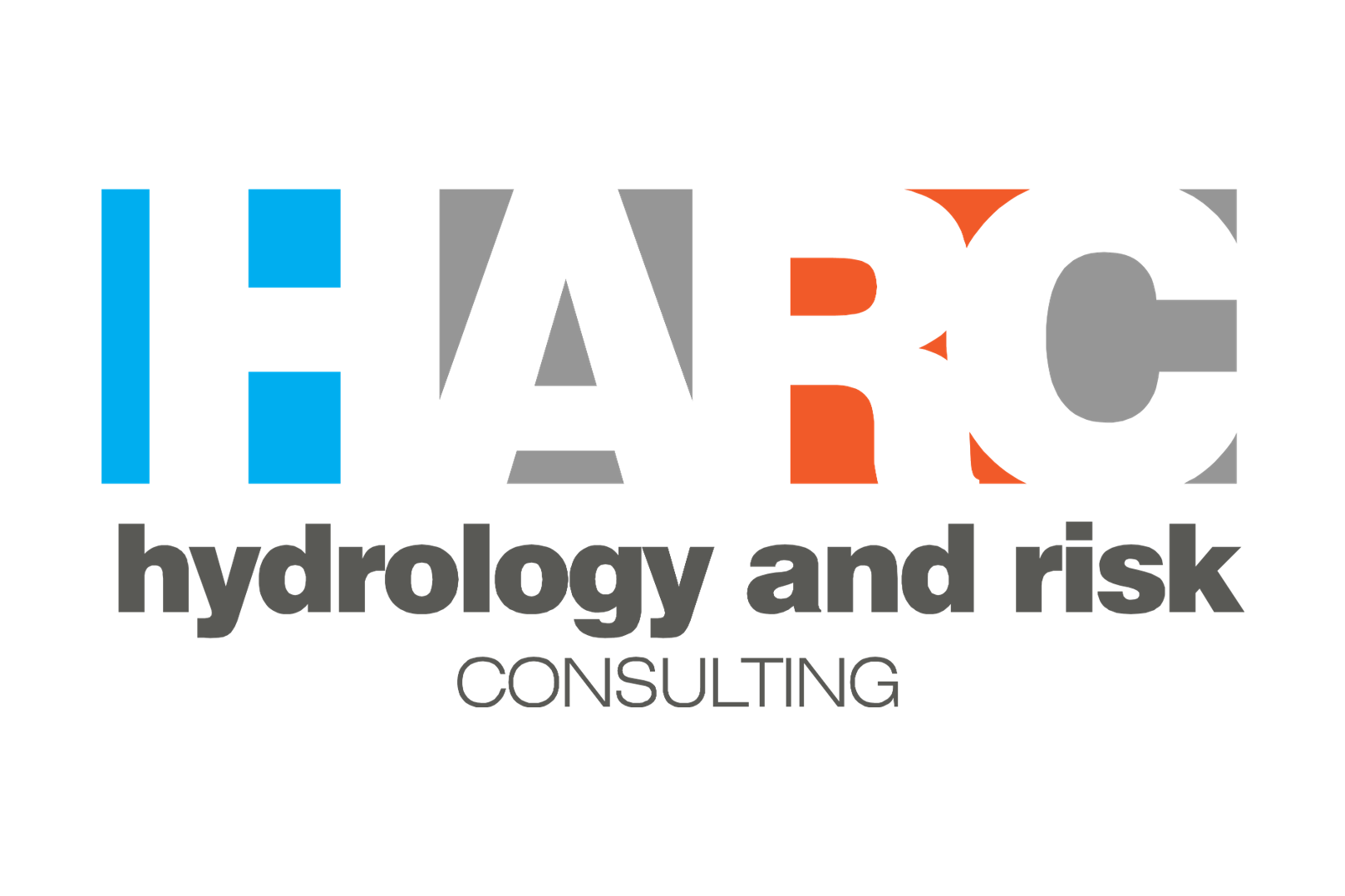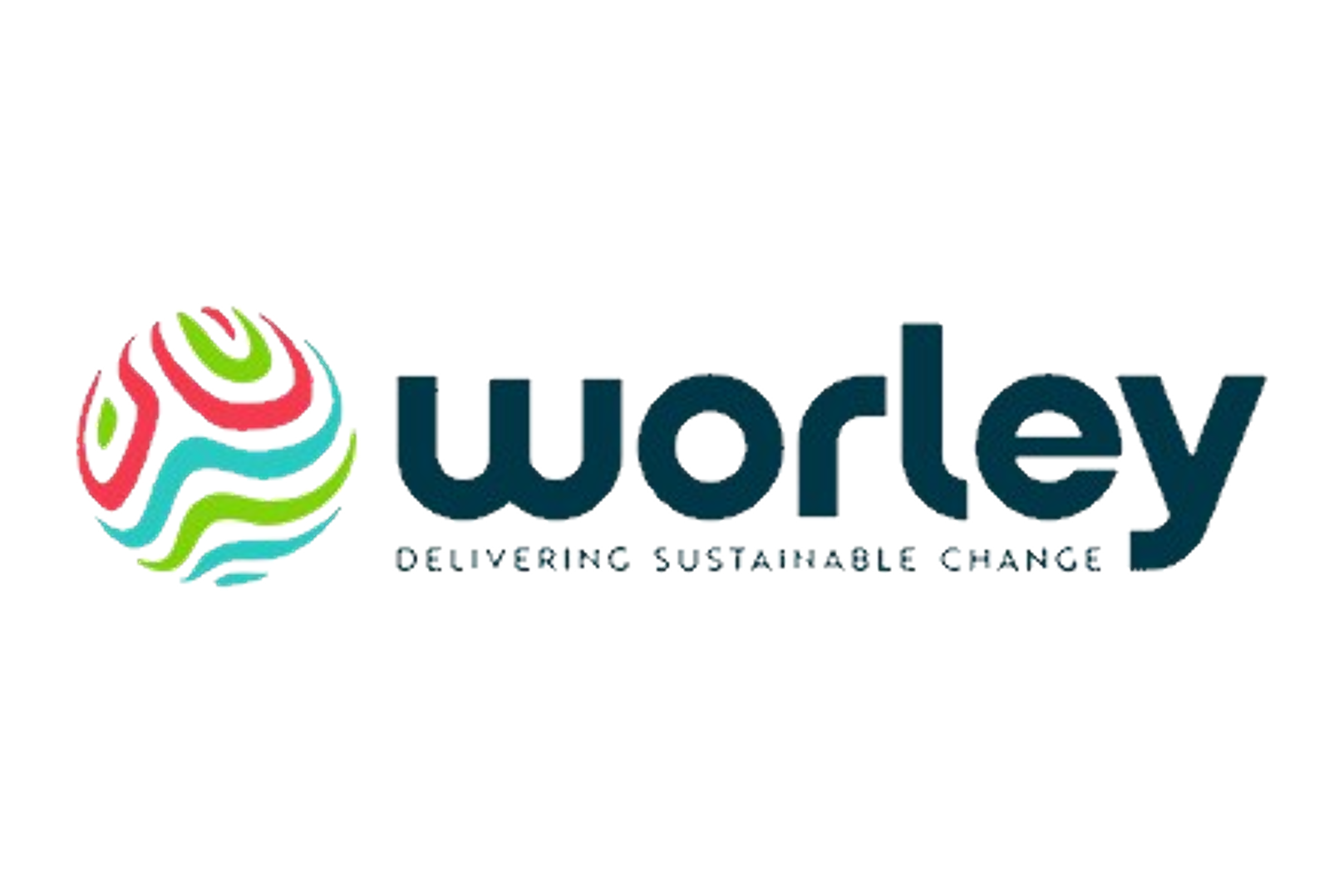In the ever-evolving business landscape, senior executives like you must continuously adapt and develop key skills to thrive in the next five years and beyond. This article delves into critical skills for C-suite leaders, necessary for navigating strategy, complex problem-solving, and leading business transformation. Combining insights from thought leaders with unique perspectives, this article offers practical actions to help you remain relevant and successful.
Dodging a bullet
Picture this: It was a typical board strategy meeting. Directors and executives at a global mining firm were confident in their strategy, focusing on optimizing execution. Then I posed a pivotal question: “Which of the major factors shaping your operating environment have very uncertain outcomes?”
This question, central to formulating future scenarios, uncovered a disturbing truth. All the firm’s investments were directed into one “preferred” future, which had only a 1 in 10 chance of occurring. Less favourable scenarios, which were far more likely, had been overlooked.
This realisation spurred the firm into action, countering plausible threats to their south-east Asian operations, threats which materialised several months later. Fortunately, they were far better prepared and survived the crisis.
How many other capably led organisations have similar blind spots, overlooking major threats and opportunities? Might it signal a skills gap?
Genuine progress matters
Your organisation likely encounters escalating challenges and volatility. Major industries and value chains are undergoing transformations that not all will survive. What you do now will shape not only your fortunes but also those of your organisation, industry, and dependent communities.
In this tumultuous period, costs and risk premiums will remain higher. Every dollar must be spent wisely and achieve better-than-normal returns. Customers and capital will flow to those who deliver. Effective executives, who can unlock latent potential and make wise, future-focused choices, will stand out.
Skills for the future of work
Emerging technologies, captured under the banner of the Fourth Industrial Revolution, have transformed the skills landscape. In 2023, 85% of organisations cited new technologies as key drivers of business transformation. The skills now required in the workforce are markedly different from those in the year 2000.
For you, as a senior executive, the demands are even higher. Critical future-of-work skills for the C-suite differ from those required by the general workforce. Several priority skills are explored below.

Must-have skills for C-suite leaders
Crafting generative strategies
You must be capable of making highly strategic choices in a world undergoing profound change. Capitalism is failing to deliver for many people, environmental crises demand a shift to a circular economy, and emerging technologies will intersect in unpredictable ways. Reactive, competitive strategies are fragile and quickly surpassed by events.
Being strategic in the emerging economy is a creative game. It’s about using technology to expand the production frontier in a socially beneficial way. It’s generating services and solutions that are affordable, sustainable, scalable, and secure. In short, it’s creating the future.
Solving complex problems
Both the public and private sectors face many complex, persistent problems that undermine productivity, profitability, and progress. These are problems no one can diagnose or resolve alone.
But resolve them you must. Organisations and sectors must improve productivity and return on investment to create the capital and trusting relationships essential to navigating the emerging economy successfully. If you can’t resolve the challenges in front of you, how can you succeed in bigger transformations? Loss of confidence would be very damaging – professionally, economically, and socio-politically.
This skill is under-developed in most executives. Research suggests that many leaders are “in over their heads”; the complexity of problems they face exceeds their cognitive capabilities. Closing this gap is a first-order priority.
Leading organisational transformation
Transformation is driven by two intersecting forces: changing societal needs (including demands to tackle climate change) and technology evolution. They are simultaneously transforming industries and organisations. Few organisations will look the same in 10 to 15 years, either because they have engaged with change or been victims of it.
Leading organisational transformation involves a carefully sequenced suite of activities to enable change and re-engineer functions. The new business must be built before ceasing the old, so scarce assets and resources must be used very carefully.
The more critical task is changing mindsets and beliefs that lie at the heart of every organisation – why it exists and how it creates value. When people are invited to examine and build more useful ideas about their organisation and its future, energy can flow easily in a new, more profitable direction.

Enabling skills and capabilities
Leading with purpose
Change can threaten basic human needs for certainty, status, relationships, autonomy, and fairness. People often “suffer” change, so what would make a major change – your business transformation – worthwhile? As Victor Frankl said, “Those who have a ‘why’ can bear almost any ‘how’.”
Purpose provides a stable reference point amid change and uncertainty. It anchors engagement and innovation, and can be a magnet for talented staff and aligned partners, customers, and investors.
As a senior executive, your job is to offer a credible, robust, and meaningful purpose to the work of your organisation.
Practicing systems thinking
In our digital world, there’s an emphasis on data literacy and analytical thinking, often at the expense of synthesis—joining the dots to see the bigger picture. This skill is core to complex problem-solving and must exist in the C-suite and within a board of directors.
Systems thinking can be learned, but it can also develop through diverse experience. Indigenous elders, experienced farmers, and ecologists often display these tendencies, appreciating the emergent nature of all human systems.
Engaging with emotional intelligence
Your work as a senior executive is achieved with, through, and for people. Emotional intelligence is critical as “emotions are data.” This data is vital for sense making, direction setting, influencing, and sustaining support during transformations.
Emotional data should shape not only how things are done (e.g. co-design) but also what is done (e.g. creating experiences people value and trust).

Practical actions for developing stand-out skills
Engage in continuous learning
Continuous learning is essential. Remain abreast of industry trends and technological advancements, particularly in adjacent industries. More importantly, hone your strategic thinking and complex problem-solving capabilities. In this respect, diversity of knowledge is more important than depth. Three practical actions you can take are:
- Read more widely, including behavioural science, geopolitics of trade, and history.
- Use mind mapping, connecting insights to get more realistic picture of situations.
- Engage in applied “learning by doing” as a team, sharing sense making load.
Collaborate with purpose
Collaboration is about tackling challenges and realising goals that no one can achieve alone. You job is to keep collaboration on track, ensuring it’s purposeful and productive. I this respect, practical actions to take include:
- Focusing effort on challenges of shared importance
- Use questions to sustain constructive tension, coaching through conflict
- Recognise complex problems need targeted interventions, not complex solutions.
Keep emotionally fit
Developing empathy, compassion, powerful questions, and active listening will help greatly.
Engaging with people’s anxieties, aspirations and conflicts can be demanding. Dealing with your own feelings of uncertainty and vulnerability can also be confronting. Operational issues often provide a convenient distraction – but you must rise above them. Engaging with emotional data is essential for growth and success. What can you do?
- Determine your compelling case for empathy – why does it really matter?
- Make powerful questions and active listening your contribution to every meeting
- Actively reflect with a coach that can stretch your thinking and leadership
Conclusion
In the fast-paced and ever-changing business environment, forward-thinking executives like you must develop and continuously refine your skills in strategy, complex problem-solving, and leading business transformation. By investing in personalised coaching, engaging in continuous learning, and fostering cross-functional collaboration, you can position yourself and your organisation for long-term success. Embrace these practices to thrive in the next five years and beyond.
What unique strategies have you implemented to stay ahead in your industry, and how have they impacted your organisation’s success?


























